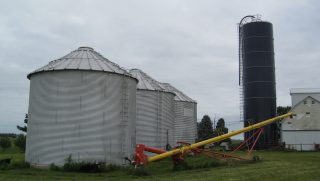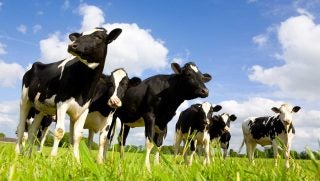African authorities launched an investigation in Cape Town yesterday as a septic smell swept the South African city.
After inspecting sewage facilities for leaks, a ship known as the Al Kuwait was discovered to be the source of the stench. Carrying 19,000 head of cattle from Brazil, bound for Iraq, the ship had docked on Sunday, emitting a strong odor that puzzled residents.
Zahid Badroodien, the official in the mayor’s office in charge of water and sanitation, wrote on X, formerly Twitter, that investigators had confirmed that the source of the “sewage smell blanketing parts of the city” was the cattle ship.
⚠️ UPDATE | REPORTS REGARDING FOUL SMELL ACROSS THE CBD | 10:00 | Environmental Health have confirmed that the source of the smell across the city is a ship in the harbour. The ship arrived last night and is carrying cattle. It is due to leave the port tonight at 9pm. pic.twitter.com/DoXEHNqBQS
— Dr Zahid Badroodien (@ZahidBadroodien) February 19, 2024
The ship, scheduled to leave Cape Town today, also drew the attention and criticism of animal welfare groups, who opposed the live export of animals by sea. South Africa’s Democratic Alliance also reportedly condemned the transport of live cattle, citing potential health and welfare risks.
“Live export, as evidenced by this situation, exposes animals to perilous conditions such as dangerous levels of ammonia, rough seas, extreme heat stress, injuries, dirty environments, exhaustion, and even death,” the party said in a statement.
The National Council of Societies for the Prevention of Cruelty to Animals inspected the ship. Despite being in decent physical shape, the cattle had endured two and a half weeks in cramped quarters, leading to a buildup of waste and ammonia.
According to a report by Reuters, the ship had docked for livestock feed, vessel stores, bunkers, and medical assessments on the cattle. Some animals on board had to be euthanized due to injuries.


